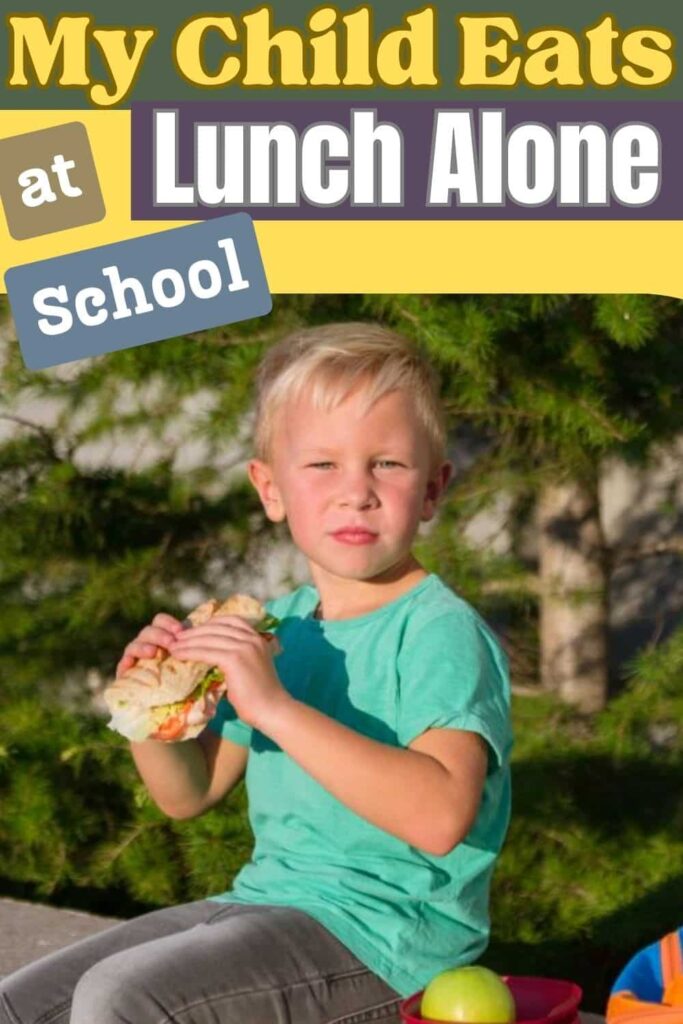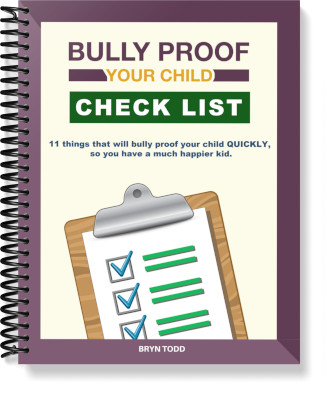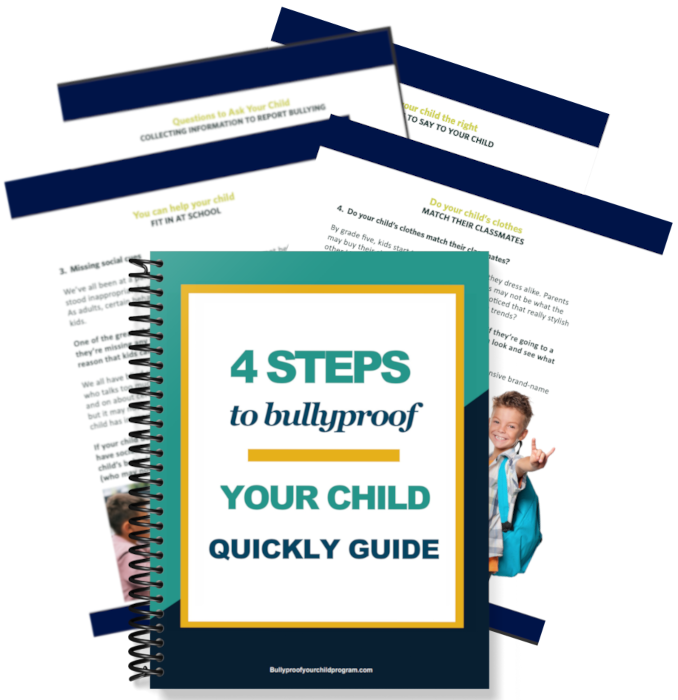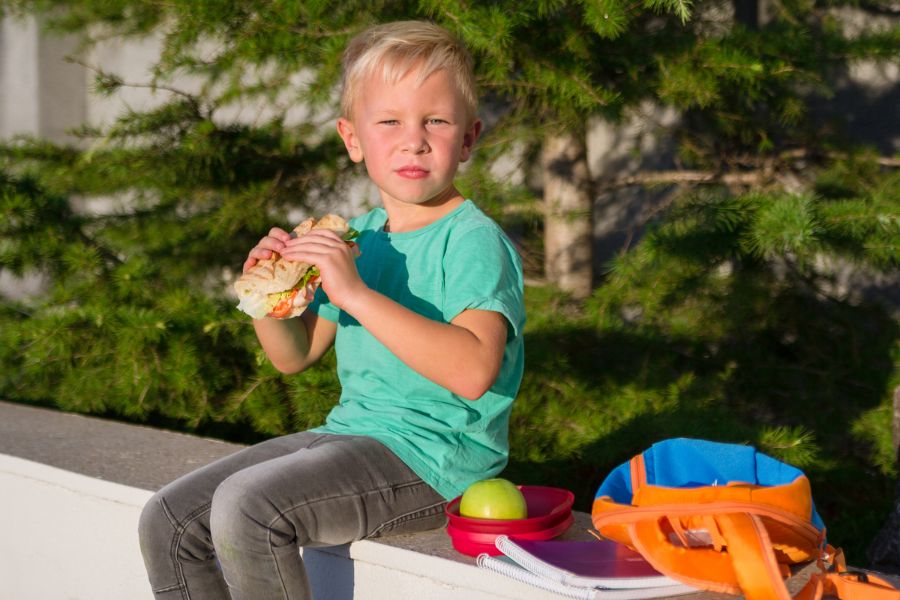
As a parent, it can be absolutely devastating when you find out your child eats lunch at school alone. When you picture your child at school, you imagine them laughing and chatting with friends, especially during those lively lunch breaks, right? It’s a scene filled with warmth, companionship, and shared giggles over sandwiches.
But what if reality is different? What if your child sits alone excluded, quietly nibbling at their lunch, with no friend by their side?
It’s a truth for many kids. In this article, we’re diving into this sensitive topic that often stays hidden behind the noisy cafeteria doors.
From understanding the quiet solitude of lunchtimes to actionable steps you can take to weave a safety net of friendship for your child, this journey is about ensuring no child feels invisible in a crowd. Because everyone deserves a friend to share a smile, a story, or a sandwich with.
Understanding solitary lunchtime when your child is excluded
Seeing your child suffer through lonely lunchtimes is a heartache no parent should bear. Each day, they sit alone, their little heart burdened with embarrassment and a loneliness that shadows them beyond the cafeteria.
But why? Sometimes, they’re shy, new, or just feeling lost in the schoolyard shuffle. But you can turn the tide. It takes one caring teacher to spark a change, one parent’s heart-to-heart to lift a spirit, or a kind student’s invitation to share a meal.
Understanding starts with seeing, really seeing, the silent struggle they’re going through. It’s in our hands to transform lunchtime from a moment of isolation to a warm, welcoming part of their day.
Because every child deserves to feel included, one lunchtime at a time.
Watch our FREE WORKSHOP and learn how to bully proof your child.
Causes why kids eat lunch alone
There are many reasons why a child might eat lunch alone at school. Here are a few possible causes:
- Shyness or social anxiety
- Difficulty making friends
- Being new to the school or district
- Different interests or hobbies than their peers
- Bullying or teasing from classmates
- Eating habits or dietary restrictions that make it difficult to eat with others
Effects of being excluded at lunch time
Eating lunch alone can have negative effects on a child’s emotional well-being, including:

- Feelings of loneliness and isolation
- Low self-esteem and self-worth
- Anxiety and depression
- Difficulty concentrating in class
- Disengagement from school and extracurricular activities
It’s a hard pill to swallow, knowing your child is eating lunch alone, isolated. They didn’t choose this; it’s the cards they’ve been dealt. Maybe they’re shy, being bullied, or just new and feeling lost.
But when we understand it and truly grasp the why behind their lonely lunchtimes, we can change things. It’s on us to team up, figure it out, and make school a place where every kid feels like they belong, even in the cafeteria.
Simple acts can lift them up, ensuring no child has to dine solo again.
More posts you may like
- My child is at a new school with no friends
- When your child is being excluded by friends: Tips for parents
- When your child isn’t invited to a party
Recognizing the signs that your child is eating lunch alone
Worried that your child might be spending lunchtime alone? There are telltale signs to watch for. Look for changes in their physical state, like untouched lunches or downcast eyes.
Behaviorally, they might be more withdrawn or reluctant to talk about school. Socially, they may not mention friends or group activities.
Below are more physical, behavioral, and social signs that may indicate that your child is feeling isolated:
Physical Signs
- That lunchbox you packed with love? It returns home untouched or barely grazed.
- You notice their clothes hanging looser; they seem to be shedding weight.
- Morning complaints of stomachaches or headaches, especially around lunchtime.
Behavioral Signs
- Your kid starts to stay quiet, not hanging out with others much.
- They tell you they’re feeling sad or alone.
- School seems harder for them; their good grades are slipping.
Excluded from friend group
- No invites for them to go to parties or get-togethers.
- At school, they’re often doing things by themselves, not with others.
- Lunchtimes and breaks—they’re sitting on their own.
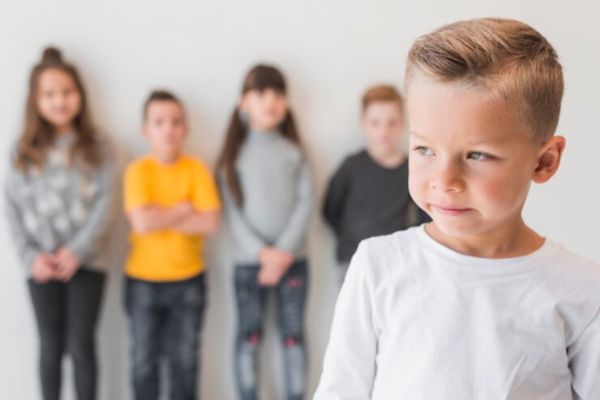
If you notice any of these signs, it may be time to talk to your child and their teacher to get a better understanding of what is happening at school.
Remember that every child is different, and some children may prefer to eat lunch alone or may need some time to adjust to new social situations.
However, it is important to take your child’s feelings seriously and to work with their school to find a solution that works for everyone.
Helping Your Child deal with exclusion at lunch
Knowing your child is facing these tough moments alone can stir a sea of emotions in you. But there are warm, effective ways to ease their journey.
It’s more than just having someone to sit with at lunch; it’s about nurturing their confidence to forge meaningful connections.
Communicating Effectively
If you think your child is sitting alone at lunch, talking to them can make a difference. Start with questions like, “What was the best part of your day?” or “Did something bother you today?” It helps them feel listened to and can clue you into what’s going on at school.
Their feelings matter. If they mention feeling sad or alone, let them know you’re there for them. Stop saying things like “You’ll be okay” or “Just find some friends.” It’s about supporting them, not adding pressure.
Building Social Skills
It’s tough seeing your child struggle to fit in. But together, you can help them grow more confident in social settings. How? Encourage them to be part of clubs or teams they find interesting. It’s not just about being in a group; it’s about connecting over shared interests.
Practice helps too! You could both act out different social scenarios. It’s like rehearsing for a play. They’ll learn how to break the ice, chat, and get involved in group stuff without feeling awkward.
And, you know, kids often follow by example. Show them how you listen to others, how curious you are about what people say, and how you treat everyone with kindness. These little demonstrations? They teach your child more than you might think, helping them forge genuine friendships.
Working With the School to solve exclusion
When you notice your child coming home feeling down because they’re alone at lunch, you don’t have to feel helpless. The school is your ally here.
You and the school need to team up to make things better. You both can do stuff to help your child feel like they’re part of things. This isn’t just your job— the school wants to help your kid be happy, too.
So, working together, things can get better for your little one.
Engaging Teachers
Start with their teacher – a chat can make a world of difference. Share your worries, and ask about your child’s day-to-day school life. Teachers see things we don’t; they’re with our kids for so much of the day.
They might have little pieces of advice, small changes that could open whole new doors for your child.
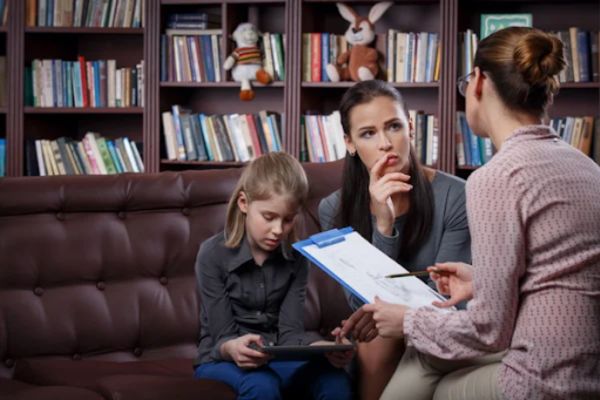
Also, did you know some schools often have these neat clubs or fun groups going on during lunch? It is like a place for kids who love books or games, and sometimes these are the gateways for friendships.
Maybe your teacher knows of a spot where your child can mesh with others who get excited about the same stuff. It’s all about finding where they fit, right? So, let’s ask and see how the school can be more of a happy place for them.
School Policies
Seeing your child unhappy is a parent’s heartache that words can barely describe. This feeling often nudges us to seek change, to dive deeper, to find solutions.
And sometimes, that means understanding more about school policies, especially around lunchtime.
Schools often have these set ways, like assigned seating or specific spots for each grade. If your little one feels isolated, asking for a simple change, like a new seat or a spot in a friendlier area, could turn their day around. It’s the little things that count, right?
And then there’s the big, scary topic of bullying. It’s heartbreaking but it could be a reason why lunchtimes are lonely for some kids. Knowing if the school takes steps to prevent bullying is crucial.
After all, every child deserves a safe space to eat and make friends. By teaming up with the school, we’re not just talking or making requests. We’re weaving a safety net of support, making lunchtime a space of laughter and friendship for our children.
It’s about ensuring they feel valued, every single day. Isn’t that a beautiful goal to work towards?
Professional Help when you’re dealing with exclusion
When you see that quietness wrap around your child like a heavy cloud, you know it’s more than just shyness or a phase. Loneliness isn’t a small puddle they can tiptoe around. Sometimes, they’re in deeper waters, trying to keep their head up, and they need someone with a lifeboat.
That’s when you bring in reinforcements because, let’s face it, love doesn’t always give us the right tools for every job, as much as we wish it did. There are people, kind and understanding professionals, who are like human bridges—they help our kids cross over troubled waters.
Here are some types of professionals who can help your child:
Types of Professionals
1. School Counselor: They’re right there in the halls your child walks. School counselors are ready to help them find their smile again, teaching them ways to make friends, and letting them know they’re not alone. They’re like the school’s comforting arm around your child’s shoulder.
2. Therapist: Think of them as gentle listeners. They sit down with your child, peeling back the layers, discovering what might be causing those clouds of isolation. Together, they’ll find rays of hope and pathways to bond with others.
3. Social Skills Group: Picture a room where every child understands what it’s like to feel a little lost in the crowd. These groups are places where your child can learn, practice, and naturally bloom into the social butterfly they are, surrounded by kids just like them.
4. Psychiatrist: When the cloud over your child’s world seems too heavy, these professionals can help clear it away. They’re there for the tougher situations, where words need the support of medical care to lift anxiety or deep-seated sadness, making the world feel a bit lighter for your kiddo.
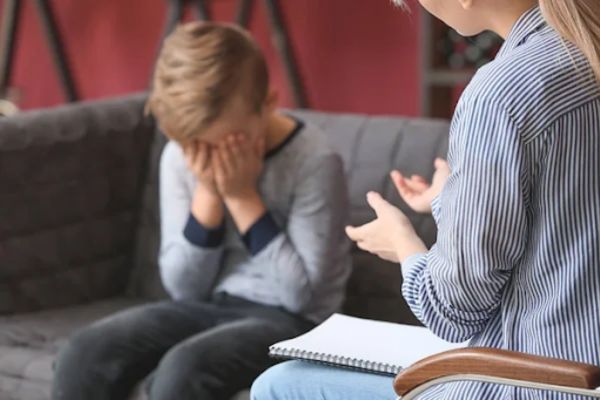
And you, the superhero parent, remember this: reaching out isn’t about passing on your cape; it’s about weaving more strength into it.
It’s not just okay; it’s a courageous act of love. You’re ensuring your child doesn’t just cope, but truly starts to heal and bloom in the sunshine of friendship.
When to Seek Help
Watch our FREE WORKSHOP and learn how to bully proof your child.
When your little one spends lunchtime without a friend or seems to have trouble connecting with others, it’s a sign, a quiet plea for help. And it’s not just about loneliness.
You notice when they don’t eat like they used to, or when sleep doesn’t come easy to them anymore, or perhaps they seem to carry the weight of the world on their tiny shoulders. These are whispers of bigger monsters like depression or anxiety.
This is your cue to step in, to reach out to those who know best how to fend off these invisible foes. It’s not an overreaction – it’s being vigilant. It’s loving your child enough to recognize the battles they shouldn’t face alone.
It’s okay to seek the guidance of a mental health professional because, sometimes, love needs a helping hand. Remember, it’s about catching them when they stumble, not waiting for them to fall.
Remember that you can help your child deal with eating lunch alone
I understand you’re going through a tough time seeing your child eat lunch alone. It’s hard, but remember, every child is unique. Some enjoy time alone, but we need to step in if it’s causing sadness.
How? Encourage them to join clubs they like. It helps them meet friends with the same hobbies. At home, practice talking and social skills with them. Play-acting school scenarios make them ready for the real thing.
But, eating alone isn’t bad if they’re happy. It’s a chance for quiet thinking. If they’re not happy, though, talk to the teacher or counselor. They’re there to help.
Most importantly, you’re not alone either. Helping your child, you make their world brighter, and guess what? Yours lights up too.
